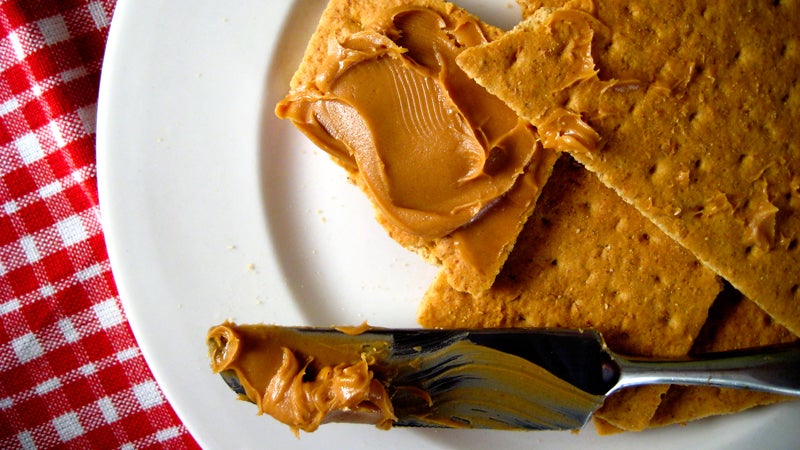If you’re one of the 2.8 million Americans affected by peanut allergies, you might be able to enjoy a spoonful of peanut butter sooner than you think.��
Researchers at North Carolina A&T State University have found a way to treat peanuts and reduce their allergens by 98 to 100 percent without genetic modification. Results were confirmed through skin-prick tests on human subjects. “We found that treating peanuts with protein-breaking enzymes reduced allergenic proteins,” said one of the lead researchers, Dr. Jianmai Yu, according to .��
The treatment works on whole, pieced, or ground peanuts—so products ranging from dry-roasted ballpark peanuts to a creamy PB&J sandwich will be safe. Additionally, the post-harvest treatment does not change the peanut’s shape, shelf life, or nutritional value. “This research is also important because peanuts can be a valuable addition to a healthy diet,” Dr. Jan Singleton, director if NIFA’s Division of Food Safety, . Staples in many athletes’ diets, peanuts and nut butters are rich in vitamin E, riboflavin, iron, magnesium, and copper.
NC A&T has signed an exclusive licensing and patent agreement with Toronto-based food technology company Xemerge to start the process of getting the hypoallergenic peanuts in stores and on shelves “in the near future,” according to the USDA.


